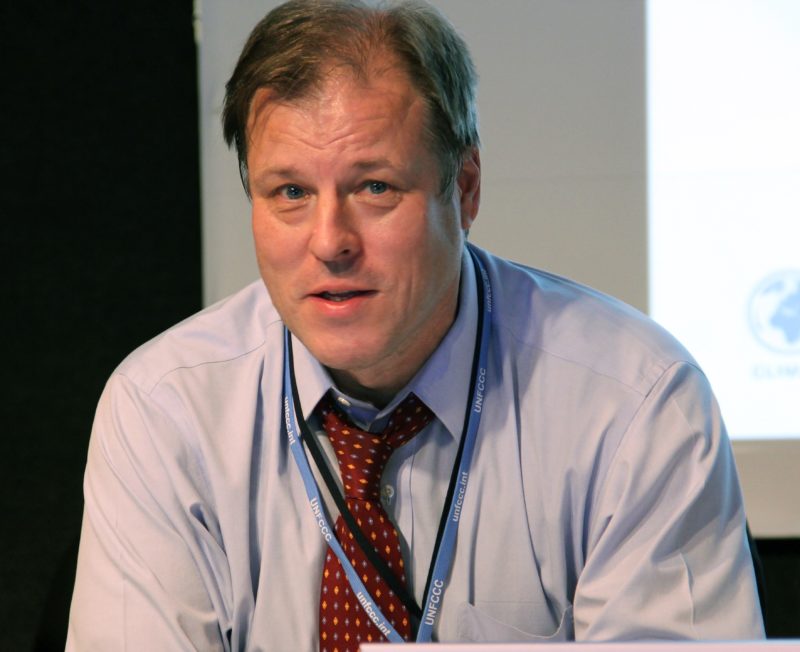Climate experts from Africa, including representatives from government, private sector, finance and research institutions, will meet from Monday, April 9 to Tuesday, April 10, 2018 in Nairobi, Kenya to discuss collaboration and technology transfer.

Nationally-selected technology focal points (National Designated Entities, or NDEs) from more than 40 countries including Algeria, Benin, Botswana, Burundi, Cameroon, Central African Republic, Chad, Comoros, the Democratic Republic of the Congo, Côte d’Ivoire, Djibouti, Egypt, Equatorial Guinea, Eritrea, Ethiopia, Gabon, Gambia, Ghana, Guinea, Kenya, Lesotho, Liberia, Madagascar, Malawi, Mauritania, Mozambique, Namibia, Niger, Nigeria, Rwanda, Senegal, Seychelles, South Sudan, Sudan, Swaziland, Tanzania, Tunisia, Uganda, Zambia, Zimbabwe, and South Africa will share experiences and best practices in the region. The United Nations Climate Technology Centre and Network (CTCN) will play host to the regional forum.
“Africa is facing increasing challenges from changing weather patterns, increasing droughts and extreme rain and floods that have an impact on the security of food supplies. By serving as a bridge between developing countries’ technology needs and the proven expertise of finance, private sector and research experts from around the world, the CTCN builds partnerships that achieve countries’ climate and development objectives,” says CTCN Director, Jukka Uosukainen.
The CTCN promotes the development and transfer of clean technologies, and provides developing countries with access to free technology solutions at their request by mobilising relevant technology experts from a global network of more than 400 technology companies and institutions to design and deliver customised solutions. Over 100 technology transfers are currently underway in more than 75 countries for sectors ranging from agriculture and energy to industry and transportation. The CTCN provides expert policy and technology support to developing country stakeholders, coordinated by the NDEs.
“Most African countries have chosen clean energy technologies as a part of their environmental solutions. ICRAF supports these efforts through its work in developing cleaner options for woody biomass-based energy, a key technology used across the continent,” said Tony Simons, ICRAF Director General. “In partnership with CTCN, we contribute to environmentally sustainable clean energy solutions by helping countries in Africa to formulate national policies and sub national programmes designed to meet their national targets on climate through agroforestry.”
As the implementing arm of the United Nations Framework Convention on Climate Change (UNFCCC) Technology Mechanism, the Climate Technology Centre is hosted and managed by the United Nations Environment and the United Nations Industrial Development Organisation (UNIDO).
The forum is organised together with the World Agroforestry Centre (ICRAF), a founding CTCN consortium partner.
